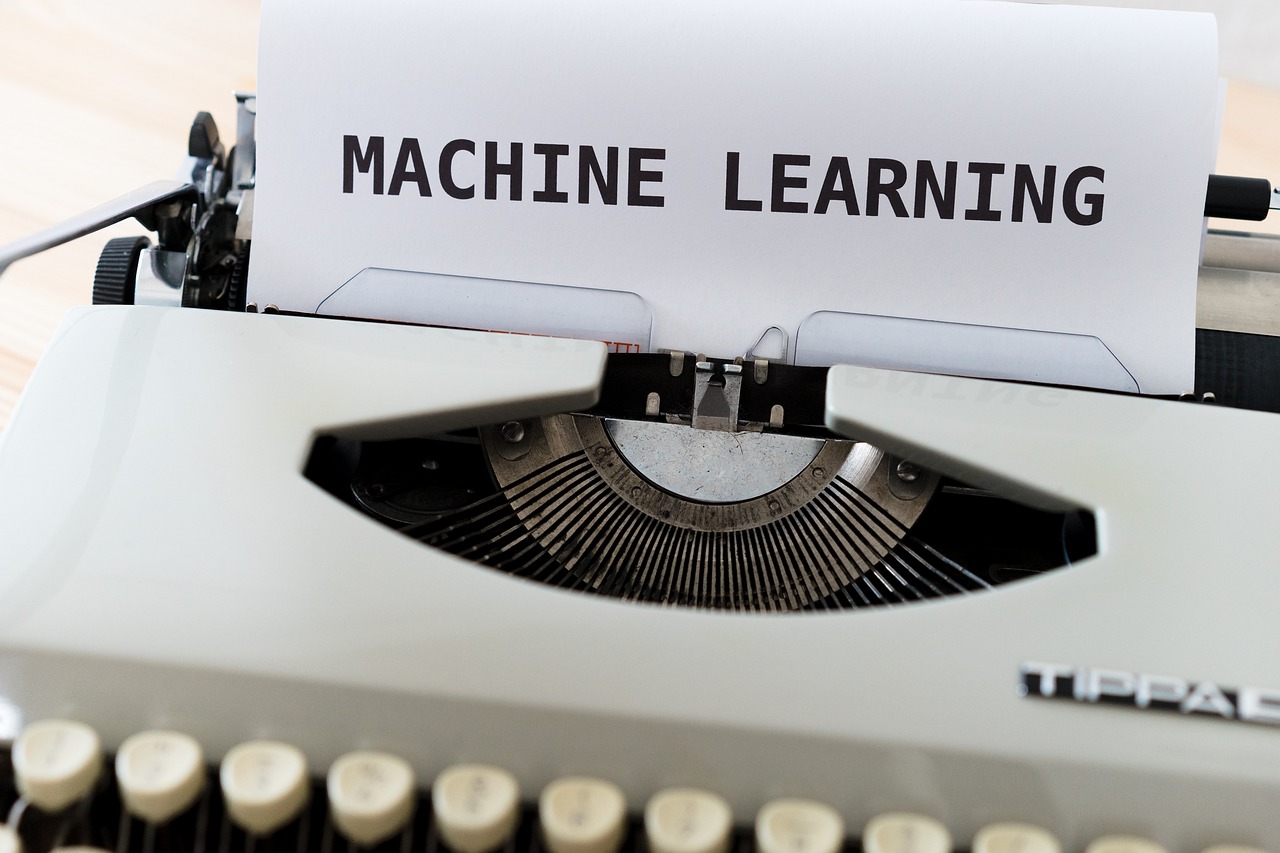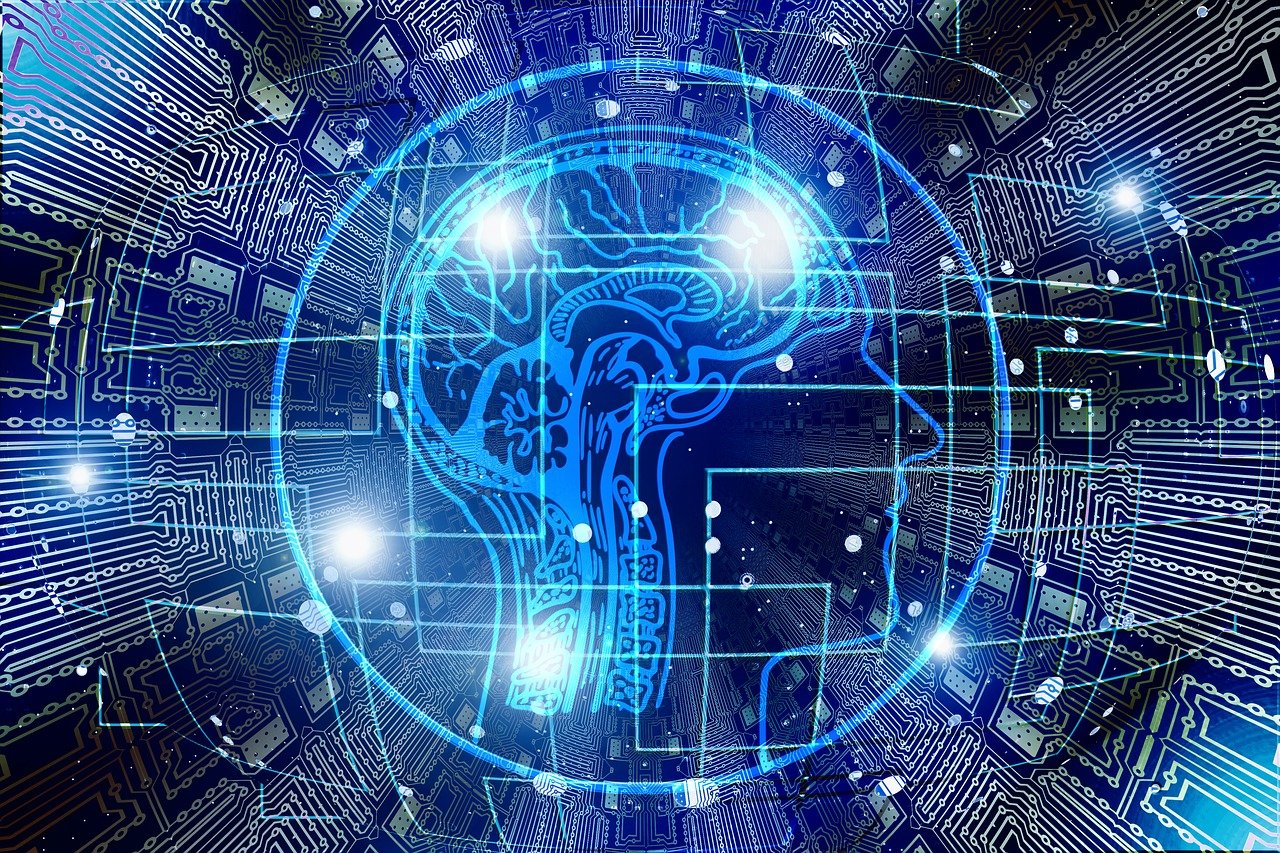Introduction:
Artificial Intelligence (AI) has made remarkable strides, shaping a technological landscape where machines are not only capable of performing tasks but also learning from their experiences. The evolution of AI has unlocked the potential to train machines to learn from data, enabling them to adapt, make decisions, and perform tasks autonomously. At the heart of this progression lies the concept of teaching machines to learn from experience.

Understanding Machine Learning and Experience-Based Learning
Machine learning, a subset of AI, empowers machines to learn patterns, make predictions, and improve performance without explicit programming. It encompasses various approaches, including supervised learning (learning from labeled data), unsupervised learning (drawing inferences from unlabeled data), and reinforcement learning (learning from experiences and feedback).
Experience-based learning, particularly through reinforcement learning, involves training models based on trial-and-error interactions with an environment. These interactions provide feedback in the form of rewards or penalties, guiding the machine to make better decisions over time.
Evolution of Machine Learning Algorithms
The journey of machine learning algorithms has witnessed a transformative evolution. Traditional statistical approaches paved the way for more sophisticated models like neural networks and deep learning architectures. The breakthroughs in neural networks, especially deep learning, have revolutionized AI capabilities.
 Deep learning models, such as Convolutional Neural Networks (CNNs) for image recognition and Recurrent Neural Networks (RNNs) for sequence prediction, have demonstrated unparalleled performance in learning intricate patterns from vast amounts of data. These advancements have fueled the capacity of machines to discern complex features, enabling more accurate and sophisticated decision-making processes.
Deep learning models, such as Convolutional Neural Networks (CNNs) for image recognition and Recurrent Neural Networks (RNNs) for sequence prediction, have demonstrated unparalleled performance in learning intricate patterns from vast amounts of data. These advancements have fueled the capacity of machines to discern complex features, enabling more accurate and sophisticated decision-making processes.
Reinforcement Learning and Experience-Based Decision Making
Reinforcement learning stands out as a paradigm in teaching machines to learn from experiences. This approach involves an agent interacting with an environment, making decisions to maximize cumulative rewards over time. Through trial and error, the agent refines its decision-making strategy based on received rewards or penalties, learning optimal actions in various scenarios.
Applications of reinforcement learning span across diverse domains. In robotics, machines learn to perform complex tasks by continuously improving their actions through experience. Gaming showcases reinforcement learning’s prowess, evident in AI agents mastering games through iterative learning from gameplay experiences.
Challenges and Ethical Considerations
Despite the advancements, challenges abound in teaching machines to learn from experiences. Biases in training data can propagate and amplify biases in AI systems, leading to unfair or discriminatory outcomes. The ethical considerations surrounding AI’s decision-making process demand transparency, fairness, and accountability to mitigate risks associated with biased learning and decision-making.

The interpretability of AI decisions poses another challenge. As AI systems become more complex, understanding and explaining their decisions becomes crucial, especially in sensitive domains like healthcare and finance.
Applications and Future Prospects
AI’s capability to learn from experiences has sparked innovations across industries. In healthcare, AI models leverage patient data to personalize treatment plans. Financial institutions use AI for risk assessment and fraud detection, drawing insights from vast datasets.
Looking ahead, the prospects are boundless. Human-AI collaboration promises advancements where machines augment human capabilities, working symbiotically to solve complex problems. The pursuit of explainable AI aims to bridge the gap between AI decisions and human comprehension, enhancing trust and facilitating AI adoption across domains.
Conclusion:
The journey of teaching machines to learn from experience signifies a remarkable leap in AI capabilities. The evolution from traditional algorithms to sophisticated deep learning architectures and reinforcement learning approaches has unlocked unprecedented potential. However, the path forward demands attention to ethical considerations, transparency, and fairness to ensure AI systems' responsible deployment.

As AI continues to evolve, the prospects of machines learning from experiences pave the way for transformative advancements, steering us towards a future where intelligent systems collaborate with humans, enhancing efficiency, innovation, and decision-making across various domains.
© Copyright 2024. All Rights Reserved Powered by Vygr Media.







